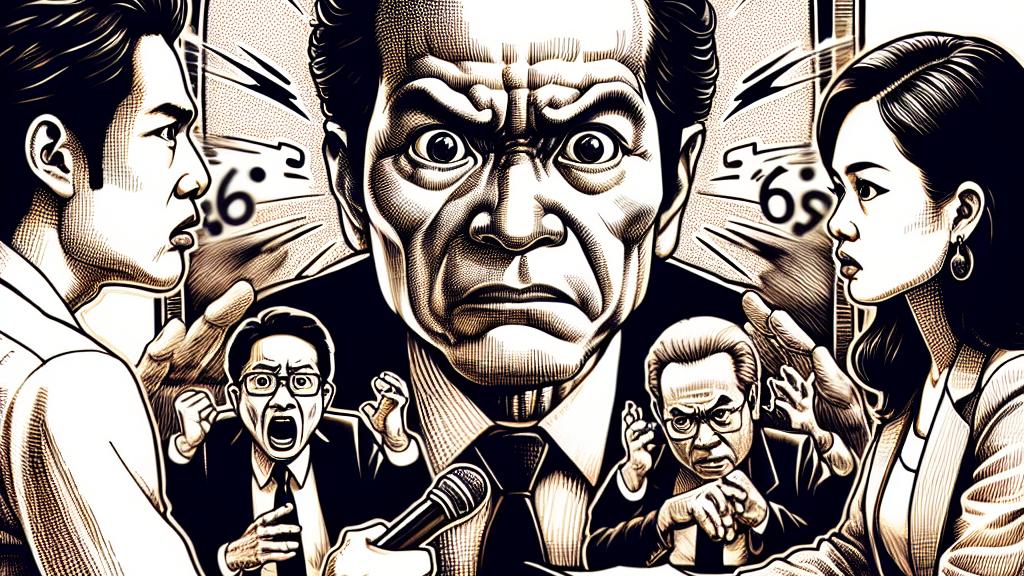Understanding the Concerns Around the Talent Incident and Company Governance
Overview
- A scandal involving beloved talent Masahiro Nakai has raised critical questions about corporate governance at Fuji Television.
- In response, shareholders are demanding an independent investigation to address these issues seriously.
- The potential fallout could not only affect Nakai’s career but also jeopardize Fuji Television's reputation and financial health.

Context of the Incident
In Japan, a shocking incident involving the popular celebrity Masahiro Nakai has ignited a firestorm of discussion surrounding Fuji Television's governance practices. Reports alleging that Nakai was involved in a serious dispute with a female associate—one that reportedly led to a financial settlement—have rocked the media industry. This isn't just gossip; it’s reflective of underlying management issues. Dalton Investments, which holds about 6% of Fuji’s shares, has responded with grave concern, indicating that this turmoil could seriously threaten the company's public image. After all, the trust of fans and viewers is a fragile thing, harder to rebuild once lost.
Demand for Accountability
Amid the unfolding scandal, Dalton Investments has responded decisively, requesting the formation of a third-party committee to investigate the governance failures highlighted by this incident. Their letter is clear: this matter, far more than personal, exposes fundamental weaknesses in Fuji Television's oversight. They stated, 'Viewer trust is crucial not only for ratings but also for the company's market valuation.' This is a powerful assertion and reflects a broader need for transparency in how corporate entities handle crises. By calling for such an investigation, shareholders are taking a stand—demanding not only accountability for current events but also proactive measures that will prevent future scandals.
Corporate Image at Stake
The ramifications of this incident extend beyond Nakai alone; they pose a significant risk to Fuji Television's reputation as a whole. Consider the facts: the entertainment industry is deeply intertwined with public sentiment. When a beloved figure faces controversy, fans often feel betrayed, leading to an inevitable backlash against the associated network. Advertising revenues are primarily driven by audience loyalty, which can diminish rapidly. For example, after past celebrity scandals, networks have seen sharp declines in viewer engagement and sponsorships. Therefore, executives at Fuji Television must tread carefully, ensuring not just damage control but a vigorous commitment to restoring public confidence.
Conclusion and Implications
As Fuji Television navigates the aftermath of the Nakai incident, the importance of strong governance practices has never been clearer. This is a critical moment that could redefine standards for corporate accountability in the entertainment realm. Ethical strategies must be prioritized to protect the reputations of not just individual talents but also the company itself. Moving forward, Fuji’s leaders must take swift, transparent actions, accompanied by sincere communication, to mitigate any long-term damage to their brand. This scandal serves as a cautionary tale—a reminder that in an age where information spreads like wildfire, a single misstep can have lasting consequences on public trust and corporate stability.

Loading...